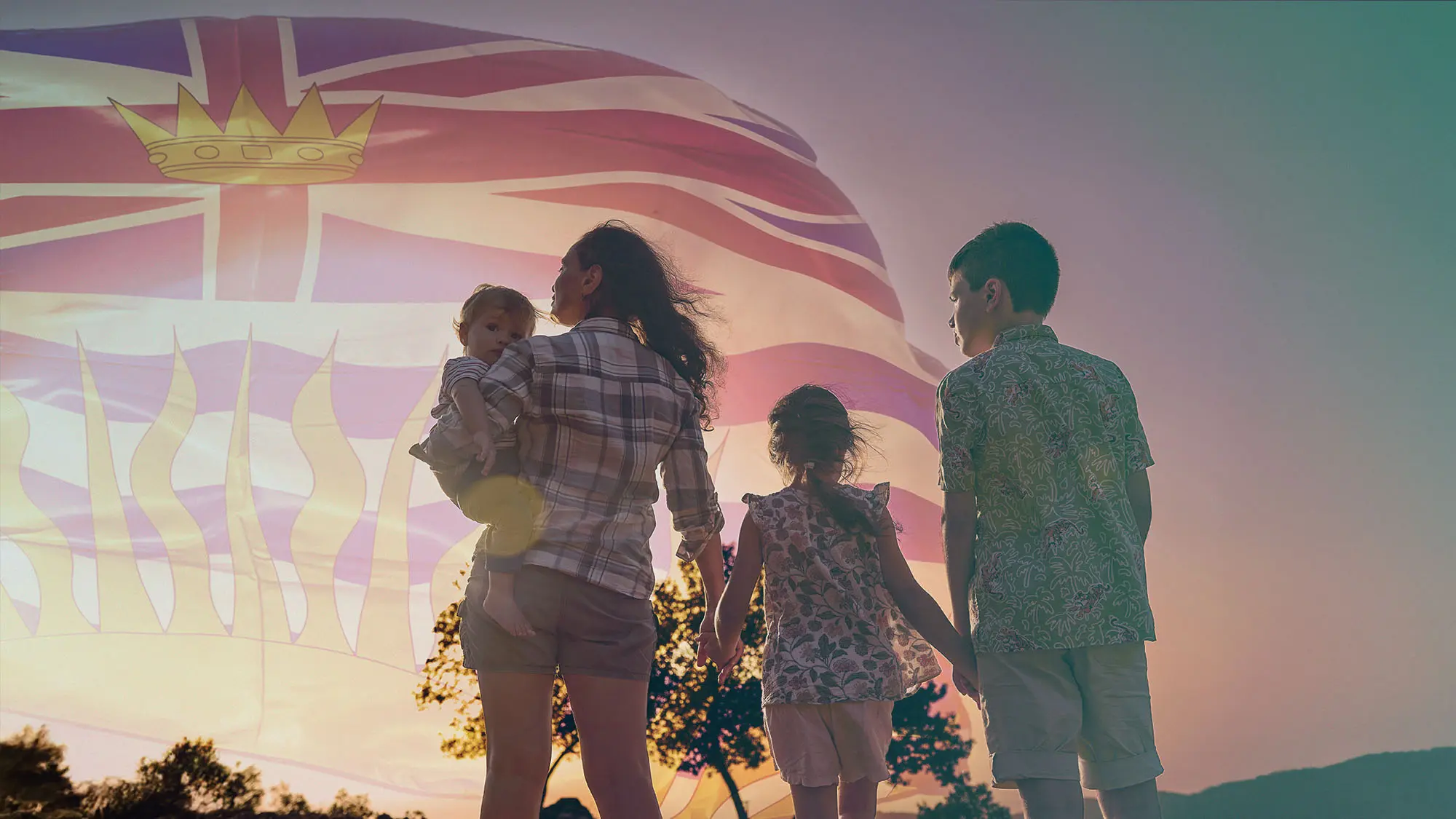Indigenous Child Welfare (BC) Class Action
Neal v. Canada (Attorney General), 2025 BCSC 1498
Current status
The Consolidated Notice of Civil Claim, initiating this proposed class action, was filed in the Supreme Court of British Columbia on June 5, 2023.
Oral submissions of the parties were made on October 7-11, 2024.
The claim was certified as a class proceeding by the Supreme Court of British Columbia on August 6, 2025.
On September 5, 2025, His Majesty the King in Right of British Columbia and the Attorney General of Canada filed appeals of the certification decision in the British Columbia Court of Appeal.
Class counsel intends to defend the appeals.
Reasons for Certification
Press Releases & News Coverage
- B.C. judge certifies Indigenous child welfare class action despite Federal Court of Appeal setback – Law360
- Certification hearing for lawsuit involving off reserve Indigenous children in care begins in B.C. – APTN News, October 7, 2024.
- B.C.’s Indigenous child welfare system ‘underfunded, broken beyond measure’ – Vancouver Sun, October 8, 2024
- Millennium Scoop Class Action Hearing Set to Begin on October 7, 2024 in Vancouver, BC – Newswire Press Release, October 7, 2024
What is this proposed claim about?
This is a class proceeding on behalf of Indigenous survivors of the child welfare system.
The claim alleges that, for decades, the Government of Canada and the Province of British Columbia have systematically discriminated against Indigenous children in care, many who were not ordinarily resident on-reserve at the time of apprehension. Off-reserve Indigenous children are no less Indigenous than on-reserve Indigenous children. Nonetheless, the claim alleges that Canada and the Province have discriminated against Indigenous children in care (including off-reserve Indigenous children in care) in the following ways:
- Canada and the Province have knowingly underfunded prevention services in favour of mass removals of children. This has occurred despite the enhanced need for adequate public services and products by Indigenous children and families as a result of colonial practices and inter-generational trauma.
- Canada and the Province also failed to take steps, or have taken inadequate steps, to address this issue despite being well-aware (e.g., through reviews, reports, and audits) of the harm and systemic discrimination it caused.
- While underfunding prevention services to off-reserve Indigenous children, Canada and the Province have fully funded child protection services (i.e., removals of children from their homes and placing them in out-of-home care). This funding model has created a perverse incentive to apprehend Indigenous children in order to gain access to funding for required services.
- This conduct has led to gross over representation of Indigenous children in care.
- The incentivized removal of off-reserve Indigenous children from their homes, families, and communities has caused enduring trauma to those children, their families and caregivers, and their communities.
- In addition, Canada and the Province have failed to honour their constitutional and legal responsibilities to provide essential services to Indigenous children, including under Jordan’s Principle, leading to unreasonable delays, denials, and service gaps in essential health and social services that they needed.
The plaintiffs say the conduct of Canada and the Province violated the Charter rights of Indigenous children and families in British Columbia and breached the fiduciary duties and duties of care owed by Canada and the Province to them.
The lawsuit seeks damages (i.e., compensation) on behalf of three groups:
- Removed Child Class – All First Nations individuals in British Columbia who at the time of removal were not ordinarily resident on-reserve and all Inuit and Métis individuals (irrespective of residency on- or off-reserve) who were taken into care at any time between January 1, 1992 and August 6, 2025.
- Essential Services Class – Subject to certain exclusions, Indigenous individuals in British Columbia who, between January 1, 1992 and August 6, 2025, and while they were under the age of 18:
- had a need for an essential service (inclusive of essential products); and
- faced a delay, denial, or service gap in the receipt of that essential service on grounds including but not limited to lack of funding or lack of jurisdiction, or a jurisdictional dispute with another government, level of government, or another governmental department.
- Family Class – The caregiving parents or caregiving grandparents of the above classes.
Following the Sixties Scoop, the claim alleges that Canada and the Province did not learn their lessons. They continued on with a deeply flawed and discriminatory Indigenous child welfare system for decades and generations, bringing about the Millenium Scoop. This claim seeks justice for those survivors of the Millenium Scoop.
FAQs
Who does the claim affect?
Who are the lawyers?
What should you do if you have been affected?
